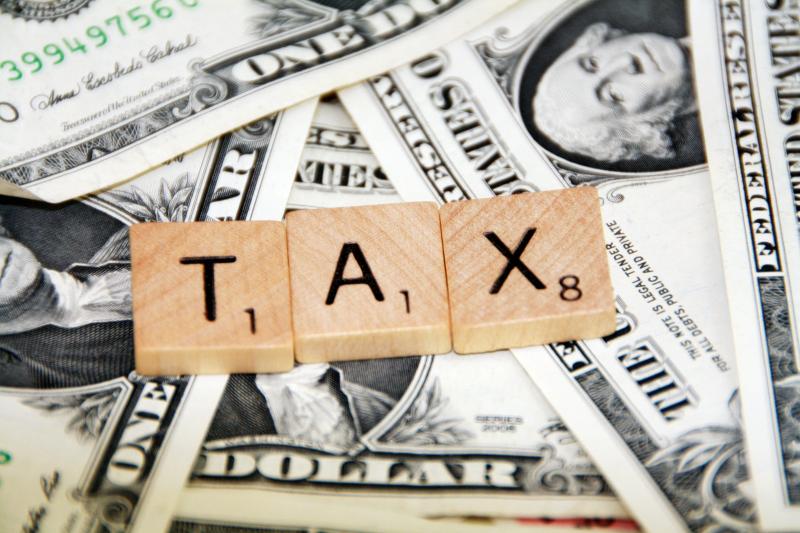
Congress is debating the contents and timing of the next COVID-19 relief package. As these discussions continue, lawmakers should include tax cuts for struggling businesses, so they have the liquidity to keep their doors open and continue paying workers.
Specifically, lawmakers should extend several tax cuts that were enacted on a bipartisan basis earlier this year through the Coronavirus Aid, Relief, and Economic Security (CARES) Act.
Provisions that should be extended include a tax cut allowing businesses to carry back losses incurred in 2018, 2019, and 2020 back five years, and a provision that expands the ability of businesses to deduct net interest expenses from 30 percent of EBITDA (earnings before interest, tax, depreciation, and amortization) to 50 percent of EBITDA for 2019 and 2020.
Extending both provisions into 2021 will provide certainty and targeted cash flow for businesses to invest as we look to regrow the economy.
The expanded interest deductibility provision is important because without action, businesses may begin to hit the existing cap due to a drop in earnings. This would subject them to additional tax on debt accrued from investments made in past years.
Smaller businesses have no limitation on their ability to deduct debt payments, so extending the 50 percent EBITA threshold will help bring parity to larger businesses during the economic downturn.
The NOL provision is similarly important and will help businesses that have seen significant losses due to COVID-19. This tax change is relatively modest as businesses are already able to deduct operating losses in the year the losses are incurred and can carryforward losses indefinitely to future years.
Because of this, expanding NOL carrybacks is largely a timing change and costs little revenue. In fact, the Joint Committee on Taxation finds that a majority of the revenue loss incurred to the government is felt in the first couple of years that this provision is enacted, and is offset because companies will eventually deduct fewer losses throughout the 10-year window.
Both provisions are bipartisan, so there should be no hesitation including them in the next Coronavirus bill. The CARES Act was adopted by a vote of 97-0 in the Senate and unanimously in the House of Representatives.
In addition, NOL expansions have been enacted into law repeatedly over the past 20 years by Republican and Democrat presidents during economic downturns. For instance:
- The Job Creation and Worker Assistance Act of 2002 allowed five-year carryback of losses for 2001 and 2002.
- In response to Hurricane Katrina, the Gulf Opportunity Zone Act of 2005 allowed five-year carryback NOLs for those affected by the hurricane.
- The American Recovery and Reinvestment Act of 2009 allowed five-year carryback of NOLs for small businesses for 2008.
- The Worker, Homeownership, and Business Assistance Act of 2009 expanded five-year NOLs to medium and large businesses and allowed them to be used for both 2008 and 2009.
In fact, when NOL expansion was passed in 2009, House Speaker Nancy Pelosi specifically highlighted this provision when speaking on the House Floor in support of the legislation. She stated, “the bill also has the net operating loss carryback, which businesses tell us is necessary for them to succeed and to hire new people, and also to mitigate some of the damage that has been done to the economy from past policies.”
While the economy has begun to recover from the worst of the Coronavirus, millions of Americans are still out of work and the unemployment rate is at 11 percent.
Moving forward, we need policies that help regrow the economy and ensure businesses can continue investing and paying their workers. Extending CARES Act-enacted tax cuts will help achieve these goals and should be included in a future COVID relief bill.

